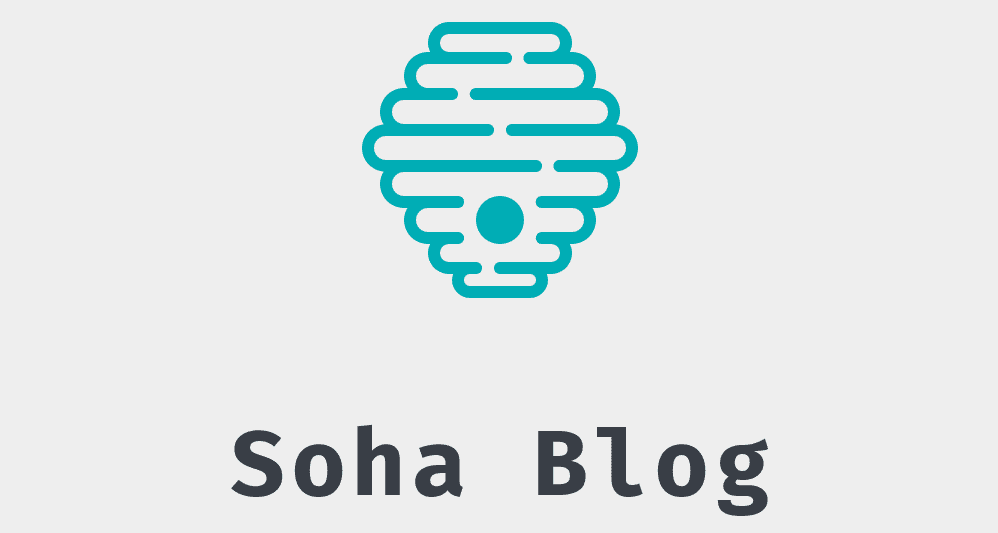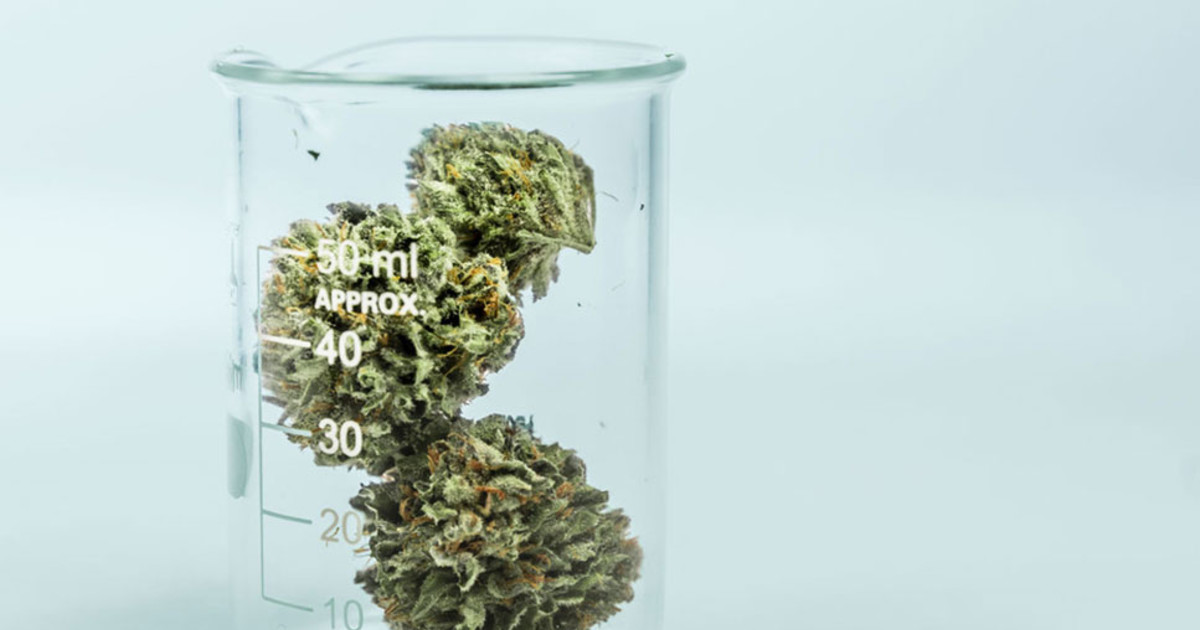Visit any weed dispensary today and you can find products that claim to treat everything from mood disorders to sexual dysfunction. There are medications to help reduce anxiety, foods to help you focus your mind, hash oils to boost your libido, vape liquids to help you sleep.
But what does science say? Is marijuana really a miracle drug or is the $30 billion U.S. cannabis industry blowing hot air? Are weed-based health products safe?
The first thing consumers need to understand is that only a few clinical uses of cannabis are supported by solid science, said Margaret Haney, director of Columbia’s Cannabis Research Laboratory. The main psychoactive chemical in cannabis, THC, has been shown to reduce chemotherapy-induced nausea in cancer patients and treat chronic pain. There is also compelling evidence that it makes people with multiple sclerosis feel more comfortable, says Haney, a professor of neurobiology in the Department of Psychiatry at Columbia University Irving Medical Center. She also noted that CBD, a non-psychoactive component of cannabis, has been shown to prevent seizures in children with some forms of treatment-resistant epilepsy.
Although these are the only medical uses of cannabis and its derivatives that are widely supported by physicians, scientists are currently investigating whether cannabis is useful in treat certain other health conditions. There is currently a lot of excitement about the potential for using cannabis or its components to treat post-traumatic stress syndrome; glioblastoma, a dangerous form of brain cancer; and nerve pain that many cancer patients endure during treatment, Haney said. Cannabis is a very complex plant, containing dozens of active ingredients, so the possibilities for use are endless.
However, marijuana use also poses significant health risks that should give pause to anyone considering using it. One of the big misconceptions about marijuana is that it is not addictive, which is not true, Haney said. Many people use cannabis in moderation, such as having a glass of wine with dinner, and they’re fine. But up to 10% of cannabis users will develop addiction, meaning they want to stop using but cannot, even though the habit has seriously affected their lives.
Particularly at risk of addiction are people who use marijuana multiple times a day, she said. This may include the growing number of people who smoke weed to relieve anxiety, depression and insomnia for which cannabis has not been proven to be an effective treatment. Marijuana can give people immediate relief from mood and sleep problems, she says, but in the long term, it doesn’t improve these conditions and can even make them worse. more serious. Studies also suggest that adolescents and young adults are more likely to experience cognitive and mental health problems due to drug highs, and that regular cannabis use may make them vulnerable to abuse problems. use drugs later in life.
The prospect of using marijuana to alleviate chronic pain raises more difficult questions for patients and doctors, Haney said, since marijuana often acts as a pain reliever. If someone is considering using cannabis instead of opioids, which are certainly more dangerous drugs, it is important for them to know that we cannot yet say whether the pain relief provided by cannabis will carry over with continued use. repeated use, or whether their pain might increase with sudden discontinuation of cannabis use, she said. Again, patients should also be aware that daily use can cause addiction, which I think is a point that is often missed in these conversations.
For adults considering using cannabis, either to treat an illness or to get high, Haney offers additional cautionary notes. The type of marijuana sold in pharmacies today can be much more potent than the type of marijuana used by pot smokers decades ago, she said, and is therefore more likely to cause unpleasant side effects, especially Especially for first-time users. She says it’s important to realize that the cannabis industry is loosely regulated, with neither the federal government (which still classifies cannabis as a Schedule 1 drug) nor the states taking strong measures. strong to ensure that the cannabis sold in dispensaries is of high quality or purity, that advertised THC concentrations are accurate, or that marketing claims about health benefits are legitimate. She says it’s impossible to know for sure what you’re getting at the dispensary.
For the millions of Americans currently struggling to control their cannabis use, there are new treatments on the horizon. Haney, whose lab at Columbia University Irving Medical Center is one of the few people in the United States allowed to study the direct effects of cannabis on humans, recently conducted a trial Clinical trials for a new drug that could help marijuana addicts quit or regain their strength. control their use by reducing the high it gives them. The drug, created by French biopharmaceutical company Aelis Farma, works by binding to the same brain receptors that THC binds to, reducing its effects. A second, larger clinical trial involving several US medical centers and overseen by Columbia psychiatrist Frances Levin is currently underway; If successful, the drug could be on the market within three or four years.
I imagine that someone could use this drug in conjunction with behavioral therapy, to either completely reduce their marijuana use or reduce their marijuana use to a level where it doesn’t dominate their life, Haney said.
#marijuana #miracle #drug
Image Source : magazine.columbia.edu

